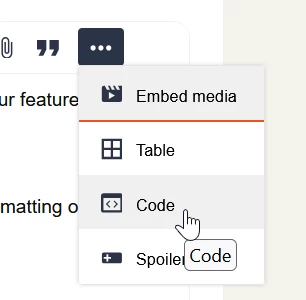I feel like everytime I try the PythonCaller I really struggle with the scripting and usually switch to a start up script to avoid it. Can anyone help me figure out why I don’t have any outputs when I run this in my PythonCaller.
import fme
import fmeobjects
import re
class FeatureProcessor:
def __init__(self):
pass
def input(self, feature):
"""
Processes a feature to extract and set address components.
Args:
feature (fmeobjects.FMEFeature): The feature containing the address attribute.
"""
# Retrieve the address attribute from the feature
address = feature.getAttribute('ADDRESS')
# If the address is missing, set all related attributes to empty strings
if not address:
for attr in ['Suite', 'AddressNumber', 'StreetName', 'StreetType', 'Direction', 'Street']:
feature.setAttribute(attr, '')
return
# Split the address into suite and core address parts
parts = [p.strip() for p in address.split(',', 1)]
suite = parts[0] if len(parts) == 2 else ''
address_core = parts[1] if len(parts) == 2 else parts[0]
# Tokenize the core address and define possible street types and directions
tokens = address_core.split()
directions = {'NE', 'NW', 'SE', 'SW'}
street_types = {
'ST', 'STREET', 'AVE', 'AVENUE', 'BLVD', 'ROAD', 'RD', 'DR', 'DRIVE', 'TRL', 'TRAIL', 'CRES', 'CRESCENT',
'WAY', 'PL', 'PLACE', 'LANE', 'LN', 'CLOSE', 'CT', 'COURT', 'HWY', 'HIGHWAY', 'TER', 'TERRACE', 'CIR', 'CIRCLE'
}
# Initialize variables for address components
addr_num = ''
street_type = ''
direction = ''
street_name = ''
# Extract the address number if it exists
if tokens and re.match(r'^\d+', tokens[0]):
addr_num = tokens.pop(0)
# Extract the direction if it exists at the end of the tokens
if tokens and tokens[-1].upper() in directions:
direction = tokens.pop(-1).upper()
# Extract the street type if it exists at the end of the tokens
if tokens and tokens[-1].upper() in street_types:
street_type = tokens.pop(-1).title()
# The remaining tokens form the street name
street_name = ' '.join(tokens).title()
# Construct the full street address
street = f"{addr_num} {street_name} {street_type} {direction}".strip()
# Set the extracted attributes back to the feature
feature.setAttribute('Suite', suite)
feature.setAttribute('AddressNumber', addr_num)
feature.setAttribute('StreetName', street_name)
feature.setAttribute('StreetType', street_type)
feature.setAttribute('Direction', direction)
feature.setAttribute('Street', street)
def close(self):
"""
Perform any necessary cleanup after processing features.
"""
pass









